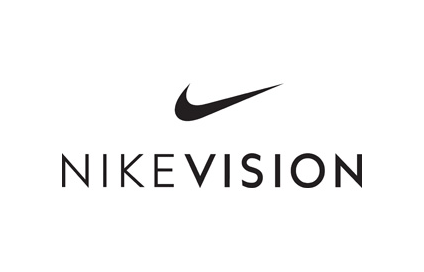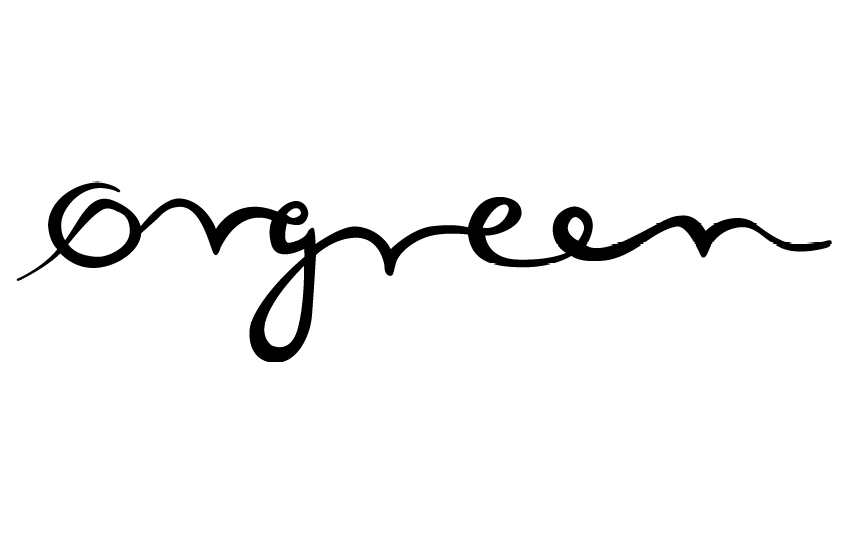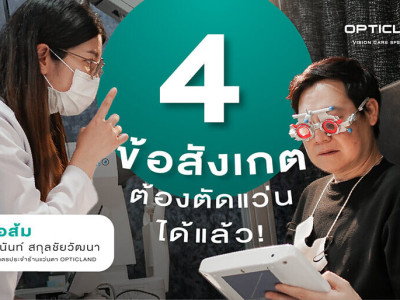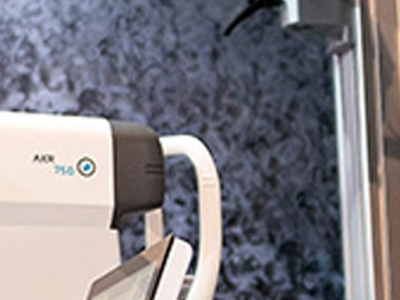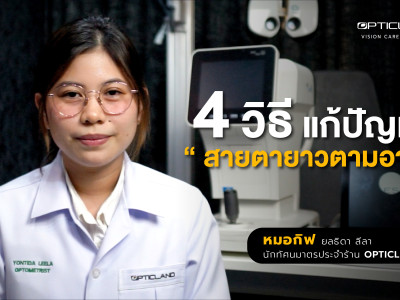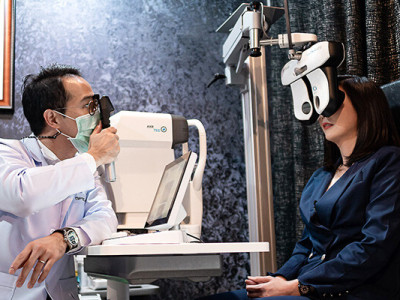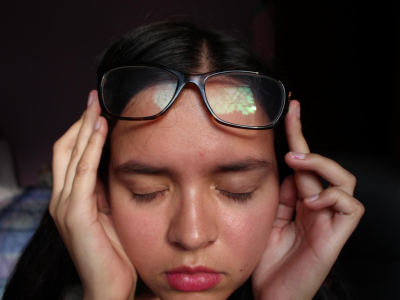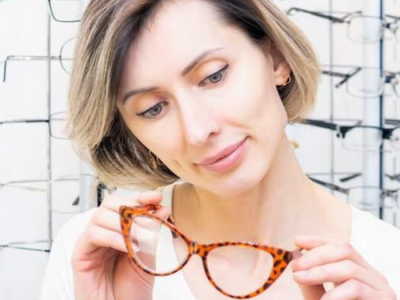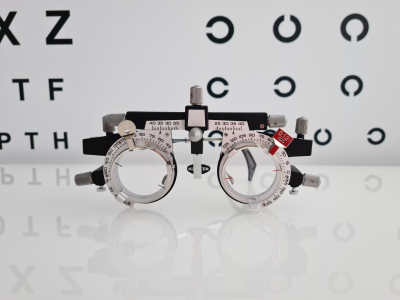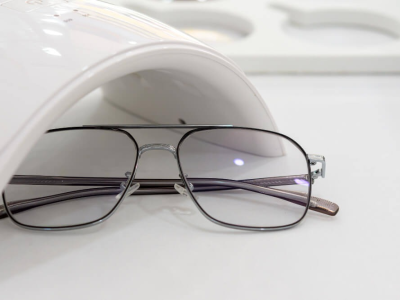10 Signs Why you should have an eye checks
Eyesight and vision are important to our daily lives, so you should make eye check-ups important to your life. But on the other hand, most people tend to overlook their eye health problems. However, if you do not have eye health problems and still see well and clearly, you should always ask yourself, "Do I need an eye check-up?" Ophthalmologists and optometrists will always answer you, "Yes, you should have regular eye check-ups." Today, Opticland would like to recommend 10 warning signs why you should have an eye check-up at an Optical Shop.
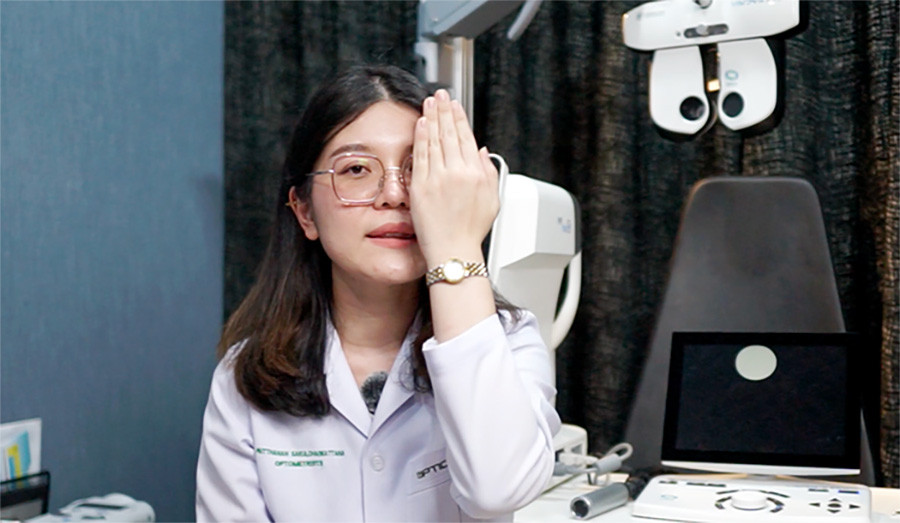
Importance of regular eye checks
Many people often neglect to look after their eyes, which are an important organ. As a result, there are more people today who have problems with eye health. The reasons for this are lifestyle, such as sitting in front of the computer for long periods, problems caused by other complications, and increasing age, which lead to eye health disorders. Opticland would like to recommend the improtance of regular eye tests, including:
Keep your eyes healthy
The benefits of eye checks are to keep your eyes healthy, prevent eye disease, and avoid vision loss. Sometimes eye diseases can be hidden without signaling health problems.
Detect vision problems
Advantages of the eye test In addition to keeping your eyes healthy, eye diseases that often have no symptoms can also be detected. Serious eye diseases, such as glaucoma, cataracts, and retinal detachment are usually painless. These diseases can damage your eyes without warning and even lead to blindness.
Prevent damage and vision loss
Eye Checks can prevent vision loss. Some people mistakenly believe they will go blind immediately if an eye disease is detected. However, if the disease is detected early, an ophthalmologist can protect and preserve your eyes and vision in time.
Better vision
Some people have eye problems. At the optical shop, an ophthalmologist or optometrist will measure your vision and make glasses to improve it. However, better vision also impacts your quality of life.
10 Warning signs of eye disease
Because serious eye diseases often give no warning signs and cause no pain in the early stages of the disease, you can increase your risk of eye disease and eventual blindness if you fail to check your eyes regularly. However, if you notice any of these 10 warning signs, you should see an ophthalmologist as soon as possible to detect and treat a possible eye disease early:
1. Frequent headaches
Although frequent headaches can sometimes be caused by stress or a common illness, if the headaches are intermittent, there is a sensation of pain in the eye socket or temple, or pain occurs every time the eyes are strained, and if painkillers do not provide relief, this may be a sign of a visual disorder. You should see an ophthalmologist or optician to have your eyes checked.
2. Eye infection
Eye infections are usually caused by viruses and bacteria. Symptoms often start with eye discomfort, irritation, red and itchy eyes, such as conjunctivitis, ophthalmitis, conjunctivitis, etc. However, sometimes eye infections are not very serious. But if you neglect to see an ophthalmologist, it can also lead to the loss of your eyesight.
3. Eye pain or strain
Eye pain and eye fatigue often occur when working with electronic screens and other devices, as well as during long car journeys. This is because the need to concentrate on these things is the cause of eye strain and eye pain. You may want to visit an ophthalmologist or optometrist to get glasses or find a solution to the problem.
4. Dry Eyes
Dry eyes are a common symptom caused by disorders where there are not enough tears to moisturize the eyes, which can cause the eyes to feel dry, uncomfortable, and stinging. However, if symptoms worsen, for example in the form of irritation, redness, pain, or fatigue. You should see an ophthalmologist to check for eye diseases and eye disorders.
5. Blurred or Double Vision
When blurred or double vision occurs, it is usually due to eyestrain, which leads to temporary blurred vision. If symptoms worsen, such as chronic double vision, blurred vision with pain, or red eyes, you should see an ophthalmologist immediately before you lose your sight.
6. Floating Dark Spot
Floating dark spots are a sign of vitreous degeneration. The most common symptoms are floating spots. The spots are more visible in areas with good light. However, if you notice that new spots appear frequently, you should see an eye doctor to check for signs of eye disease.
7. Flashes of Light
Flashes of light are a symptom similar to seeing lightning, flashes of light, or bright stars. It may occur more frequently with increasing age. Diseases that cause flashes of light can be caused by migraines, macular degeneration, etc.
8. Light Sensitivity
In general, the eyes have a limit to the amount of light. However, if the eyes cannot tolerate light and often experience discomfort or pain, this is called light sensitivity or photophobia.
9. Night Blindness
Night blindness is a condition that makes it difficult to see or concentrate at night or in the dark. With this condition, your eyes have trouble recognizing or adapting to light. This condition is related to abnormalities of the retina, such as glaucoma, cataracts, etc.
10. Distorted Vision
If you begin to see straight objects become curved or distorted, or if you have distorted or double vision, you should see an ophthalmologist to get a diagnosis, as these are signs of vision problems.
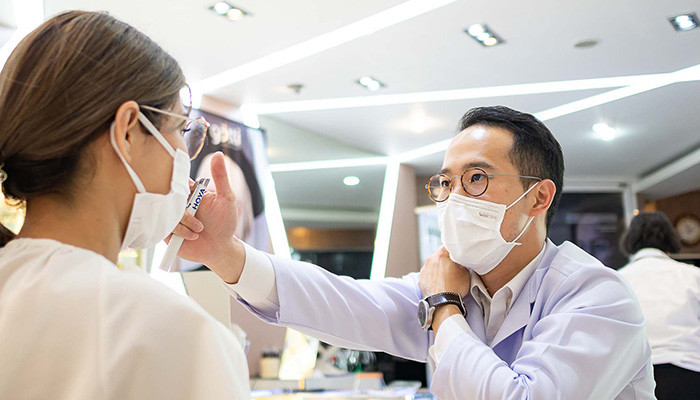
Better Vision at Opticland
If you want to improve your eyesight and have an eye test, you should think about Opticland. We are committed to providing our visitors with a valuable and memorable experience. With more than 40 years of experience, we offer comprehensive eye care services, from eye exams by ophthalmologists and optometrists to the most advanced eye check equipment.









